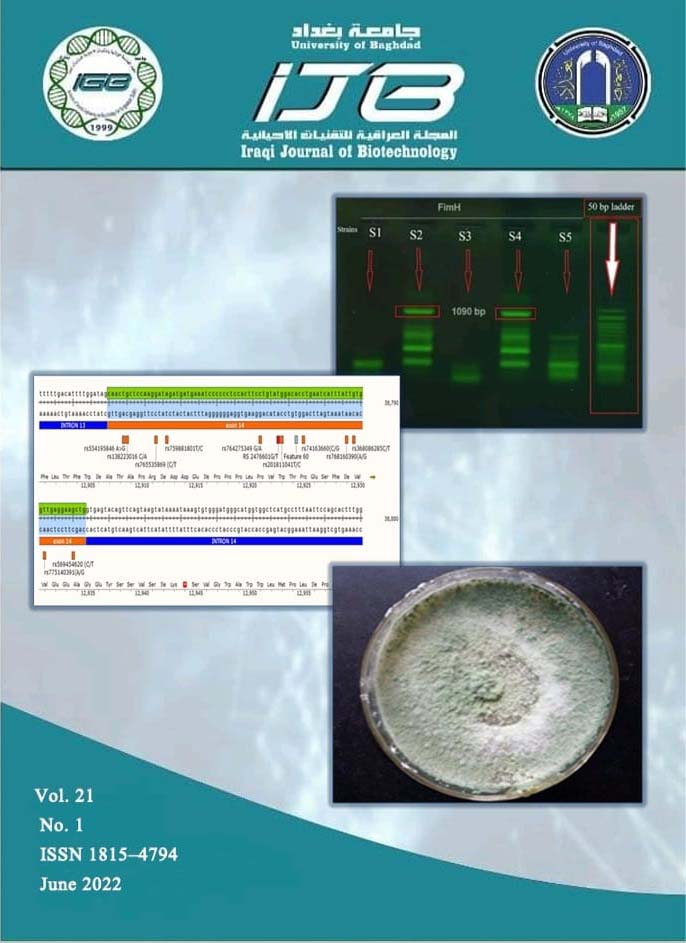Evaluation of TLR-3, TLR4, IL-7, and IL37 Immunological Markers in β-Thalassemia Major Iraqi Patients
Abstract
β-thalassemia major is a genetic disorder of hemoglobin production that results in a diminished rate of synthesis of one or more of the globin chains causing variable degrees of anemia. This study was conducted on 90 β-thalassemia patients and 60 healthy as a control group. Blood samples were obtained from Wasit Center for Hereditary Anemia through the period from August 2020 to January 2021. The study was conducted to evaluate the serum immunological markers (TLR-3, TLR4) and (IL-7, IL37) in Iraqi β-thalassemia patients. The study was approved by the council of the Institute of Genetic Engineering and Biotechnology for the Postgraduate Studies / University of Baghdad. Human TLR-3, TLR-4, IL-7, and IL-37 concentrations were estimated by ELISA. Results appeared that there was a significant increase in the level of TLR-3 and TLR-4 in the serum of β-thalassemia patients as well as a significant increase in the level of IL-7 in β-thalassemia patients (221.34±6.11 pg/ml) compared with the control (171.96±4.77 pg/ml). Whereas a non-significant difference in the level of IL-37 was recorded in patients and the control group. This study suggested the presence of an imbalanced immune condition involving inflammation and immunosuppression in thalassemia patients.


